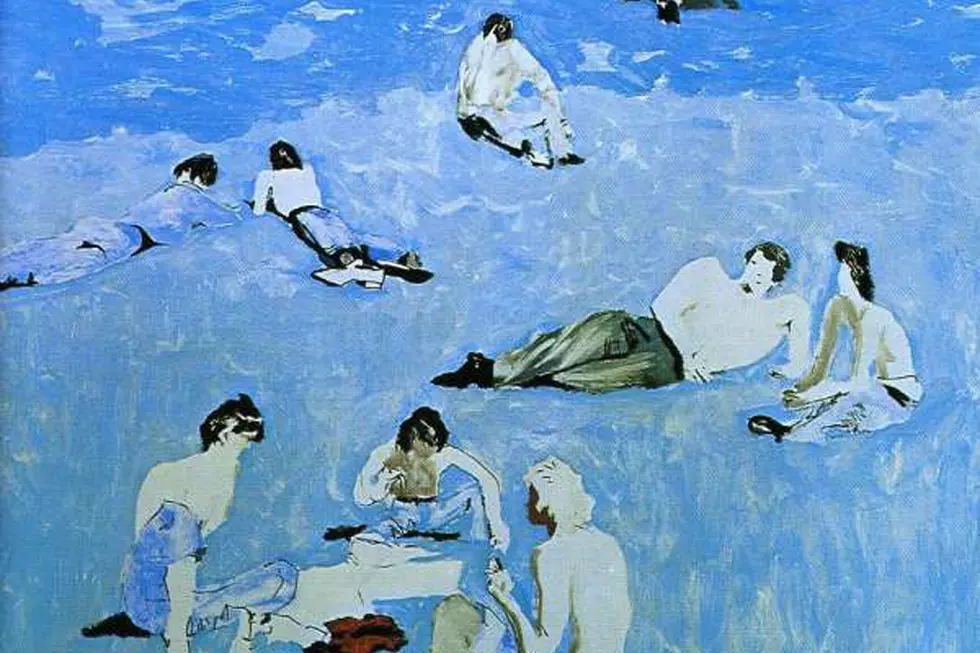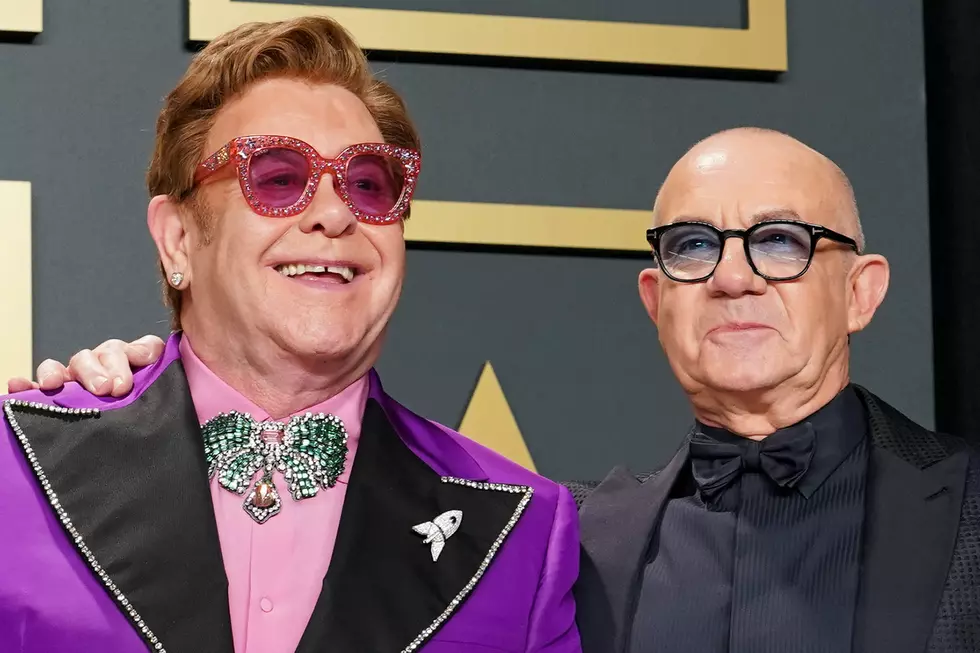
Why Elton John Began to Slip on the Experimental ‘Blue Moves’
Arriving on Oct. 22, 1976, Blue Moves was Elton John's 11th proper album, his second double-LP, and the first on his own imprint label, Rocket Records. It was also the start of a slip from the top of the pop heap, a place he had occupied for most of the decade.
"Every artist comes to the same crossroads and they either cross it or they don't," Elton told Rolling Stone upon the album's release, "and if they do they're going to come to another crossroads. I'm at that second one as far as recordings go, and hopefully I can cross it with Blue Moves. It's got a few surprises."
In 1975, Elton released the classic Captain Fantastic and the Brown Dirt Cowboy album and its followup, Rock of the Westies. Both of those albums debuted at No.1 in the Billboard chart, the only LPs at the time that had ever done that. A stop-gap live album followed to modest success. Blue Moves was somewhat of a gamble to issue a two-record set as the follow-up.
"[Captain] Fantastic did about 2.8 million [units sold]. Rock of the Westies about 1.9 million. Here and There, the live album — a total f---in' disaster — was to finish off a contract and it's done better than it deserved to, oh, about 860,000 copies," John told Rolling Stone in the fall of '76. "Fantastic was an easy thing to market and was selling well. Westies came out very soon afterward; but I knew I was taking a bit of a gamble and it was like, oh, here comes another Elton John album!"
Listen to Elton John's 'Sorry Seems to Be the Hardest Word'
Fans were still tuned in, and Blue Moves made a strong showing at No. 3, as well as spawning the worldwide smash, "Sorry Seems to Be the Hardest Word," which hit Top 10 around the globe. Produced by longtime associate Gus Dudgeon, Blue Moves displays a wide scope of styles and influences from jazz to pop to soul with little, however, in the way of out-and-out rock and roll to be found. Familiar allies like Bernie Taupin, Davey Johnstone and Ray Cooper are on board, along with some famous friends like David Crosby, Graham Nash and Toni Tennille.
After the brief, jazzy intro "Your Stater For..." the first track is the lengthy orchestrated ballad "Tonight." "One Horse Town" kicks things into gear and remains one of the album's best moments and only rockers. "Boogie Pilgrim" rides into funky soul while "Crazy Water" is a typical Elton pop tune from this period that cracked the Top 30 in the U.K. The album closes with "Bite Your Lip (Get Up And Dance!)," an upbeat rocker that arrives too late to lift the often weighty album.
Part of the problem is that the good songs are not good enough – by his own standards – to make the idea of a double album really work here. To use the words of Elaine Benes in an episode of Seinfeld, "It's a lot of fancy, shmancy stuff. It's like a big budget movie with a story that goes nowhere." John himself described the album as "lots of slow, romantic songs and jazzy-type things, three instrumentals," adding "that's the fun of it."
One might look at the lyrics to one of the albums key tracks, "Idol," for the final word. "He was an idol then, now he's an idol here / But his face has changed, he's not the same no more / And I have to say that I liked the way his music sounded before."
Elton John Albums Ranked
More From Ultimate Classic Rock









